
ALL YOU NEED TO KNOW ABOUT SKIN BARRIER AND HOW TO KEEP IT HEALTHY WHEN DERMAPLANING
There has been a lot of noise around the skin barrier lately and how important it is to keep it healthy. It is crucial as your skin barrier protects your body/face from free radicals and therefore it’s necessary to maintain a skincare routine that will protect the barrier as well as nourish it. What happens to your skin when dermaplaning? Is dermaplaning safe for your skin barrier or should you avoid it completely?

WHAT IS A SKIN BARRIER
As you probably already know, your skin is made up of different layers out of which every layer serves its own purpose/function. The skin barrier is the outermost layer or otherwise called the top layer of your skin which function is to serve as a protective shield for your face. The purpose of the skin barrier is to keep your skin from any environmental stressors, inflammation, or irritation and to rather hold onto the stuff your skin needs such as moisture. Simply said to keep the bad guys out and let the good guys in.
The skin barrier is surprisingly thin and without it various environmental toxins can enter your body and cause adverse effects. Therefore, keeping your skin barrier healthy is a key to a really good skin.
WHY IS THE SKIN BARRIER IMPORTANT
Our skin barrier protects our body from all different kinds of physical toxins such as pollution or even harmful chemicals and it is also protecting us from UV radiation or sun exposure. If our skin barrier gets damaged, our skin won’t be able to hold onto the moisture it needs to stay healthy.
According to Shari Marchbein, a board-certified dermatologist, “if the outermost layer of the epidermis (the stratum corneum) doesn’t contain enough water, skin will lose elasticity and appear dry, rough, and flaky. Poorly hydrated skin is also unable to maintain an appropriate intact skin barrier, leaving the skin more vulnerable to damage from external/environmental sources.”

WHAT CAN DAMAGE YOUR SKIN BARRIER
- Smoking
- Stress
- Lack of sleep
- Pollution
- Wind
- UV radiation
- Using a cleanser that would strip off your skin barrier of its natural oils
- Allergens and irritant
- Excessive sun exposure
- Steroids
- Over-exfoliation
WHAT HAPPENS TO YOUR SKIN WHEN DERMAPLANING
Dermaplaning is a form of physical exfoliation as it gets rid of dead skin cells from the top layer of your skin. When dermaplaning you’re basically scraping off the top layer of your skin barrier and removing dead flakey skin that might be causing acne, clogged pores or dull-looking complexion. Other than the exfoliation benefits, dermaplaning also removes your unwanted facial hair and peach fuzz, revealing smooth skin.
Exfoliation is absolutely necessary to our skin and there are various benefits that exfoliation has. You’re renewing your skin cells, getting rid of dead or flakey skin, unclogging your pores and therefore preventing acne. And because your skin cells are renewing when exfoliating, you’re also preventing premature ageing among other things.
DOES DERMAPLANING DAMAGE YOUR SKIN BARRIER
One of the causes of damaging your skin barrier is over-exfoliation; does that mean that because dermaplaning is a form of exfoliation t it can damage your skin barrier? We all want that beautiful glowy skin that comes after dermaplaning exfoliation!
Dermaplaning lightly disrupts your skin barrier, the outer layer of your skin that makes it protected, however it does not damage it. Dermatologist Melissa Piliang says that “your skin may feel a little irritated for a day or so after you do it.” However, every single exfoliating treatment can cause irritation and lightly disrupt your skin barrier so something to keep in mind is to avoid over-exfoliating and learn how to take care of your skin afterwards.

WHAT IS OVER-EXFOLIATION
There are two forms of exfoliation; chemical and physical. Chemical exfoliation includes using ingredients such as AHA’s or BHA’s in order to get rid of dead skin cells. Physical exfoliation is topical and includes a variety of products such as scrubs or tools such as brushes or dermaplaning tools.
As with everything in life, doing too much of something is not good. Over-exfoliating means exfoliating your skin way too often which can very much damage and disturb your skin barrier and cause some great issues to your skin. Therefore, you should only exfoliate 1-2 times a week; if your skin is sensitive or you suffer from any skin conditions, once a week is plenty!
Dermaplaning should only be done every 3-4 weeks based on your facial hair regrowth, so if you don’t over-exfoliate before the treatment your skin barrier will be absolutely fine as long as you take care of it after dermaplaning.
HOW TO RESTORE YOUR SKIN BARRIER AFTER DERMAPLANING
Firstly, make sure you perform dermaplaning on a clean skin in order to avoid spreading bacteria. When scraping off your dead skin cells alongside all the peach fuzz your skin barrier will become compromised and will be slightly disrupted. This is a very common reaction when it comes to skin exfoliation and therefore it is important to learn how to take care of your skin after dermaplaning.
Make sure you moisturise your skin straight after dermaplaning! Using emollients instead of humectants will be very helpful in restoring your skin right after the treatments. Emollients are moisturising treatments including lotions and oils which will bring back your skin barrier to being healthy in no time! Using an oil right after dermaplaning will soothe your skin and help you retain the moisture lost when dermaplaning.
Try using serums that are blended with nourishing natural oils in order to revitalise your skin and bring your skin barrier back to normal. After a luxurious dermaplaning facial, your skin deserves the finest care to accentuate its newfound smoothness and radiance. Our Skin Nectar Radiance Facial Serum is meticulously crafted to be your go-to solution for brightening and restoring your skin's natural glow. Expertly formulated with a powerful blend of natural ingredients of 5 fruit extracts, this serum is designed to nourish, revitalize, and rejuvenate your skin, delivering a supreme glow that complements the benefits of dermaplaning.
Try to elevate your post-dermaplaning skincare ritual with the Collagen Fix Miracle Facial Serum. Let the power of vegan marine collagen, vitamin C-rich apple extract, and nourishing oils including rosehip, evening primose and avocado oils to reveal a visibly firmer, smoother, and plumper complexion, soothing and hydrating your skin barrier while also strenghthening it. Immerse your skin in the luxury it deserves and embrace the radiant glow that follows the magic of dermaplaning paired with this transformative serum.
Squalane Oil is another perfect solution for after-dermaplaning treatment as it’s nourishing, hydrating, high in antioxidants which will followingly protect your skin from free radicals and it’s not going to clog up your cleared pores!
If you'd like to nourish your skin barrier use Afterglow+ Dermaplaning Facial Oil, a rich luxurious oil that contains a blend of precious natural oils and butters, each chosen for its unique properties and skin-loving benefits. This luxurious facial oil is designed to nourish and soothe the skin after dermaplaning, providing an unparalleled level of comfort, hydration, and an irresistible glow that captivates your senses.
Make sure that following dermaplaning you’re retaining the moisture in your skin and keep it moisturised and nourished in order to restore the skin barrier asap. Also, do not forget to wear your SPF in order to protect your skin from the sun.
HOW TO DERMAPLANING WITHOUT DISRUPTING YOUR SKIN BARRIER
In order to achieve smooth and glowing skin without disrupting your skin barrier while dermaplaning, you’ll need to curate your skincare routine. Decide how many times a week you are exfoliating, which products are you going to use and where does dermaplaning fit into that. Remember that as long as you’re not over-exfoliating your skin, after dermaplaning your skincare barrier will bounce back to its normal very quickly.
If you're worried about disrupting your skin barrier or if your skin is sensitive and gets irritated easily, try dermaplaning using aloe vera gel or serum like Aloe Dermaplaning Shave Serum. Aloe Vera soothes and calms the skin, reduces redness and inflammation as well as hydrates and boosts collagen production - which are all the things your skin barrier will love! You can either us the Aloe Dermaplaning Shave Serum with dermaplaning for an easy glide or apply it after dermaplaning to soothe and calm the skin.

Additionally, you can try oilplaning which is a gentler form of dermaplaning and can give you just as good results. Oilplaning is essentially dermaplaning with the use of oil while doing the treatment. You’d first apply your dermaplaning oil and then perform dermaplaning as usual, in downward featherlight strokes removing all the facial hair and dead skin cells. You’d still need that extra boost of moisture after you’re done, however your skin barrier would only get minimally disrupted and with the proper rehydration afterwards it would bounce back to health. You can also apply Afterglow+ Dermaplaning Facial Oil post dermaplaning for an instant skin nourishment.
Our TAKE IT OFF dermaplaning starter kit has everything you’d need for either dermaplaning or oilplaning. It contains the dermaplaning blades in two different sizes and Squalane Oil which will help you restore the skin barrier and keep your skin nourished and moisturised after or even during dermaplaning. A must have!
If you'd like to elevate your dermaplaning facial, pick up one of our three step dermaplaning skincare facials which will ensure that your skin barrier stays healthy even when dermaplaning regularly.
If you've got dull and mature skin, opt in for Collagen Fix Dermaplaning Facial which will brighten, smooth, hydrate and plump your complexion while also getting rid of the unwanted facial hair and peach fuzz. It contains luxurious Forever Dermaplaning Razor with three dermaplaning blades, Aloe Vera Shave Serum to calm the skin for wet dermaplaning, Collagen Fix Miracle Facial Serum to hydrate and firm the skin, Afterglow+ Dermaplaning Facial Oil to seal all the hydration in with this amazing blend of precious natural oils and butters, and super compact and sleek tin to keep the blades and razor clean and dry.
If you'd like to boost hydration and radiance, choose Million Dollar Glow Dermaplaning Facial! It also contains the amazing luxurious Forever Dermaplaning Razor with three dermaplaning replaceable blades, Aloe Vera Shave Serum to calm the skin for wet dermaplaning, Skin Nectar Radiance Facial Serum to moisturise and rejuvenate the skin, Afterglow+ Dermaplaning Facial Oil to seal all the hydration in with this amazing blend of precious natural oils and butters, and super compact and sleek tin to keep the blades and razor clean and dry.
These amazing dermaplaning routines will help you exfoliate your skin and remove unwanted facial hair and peach fuzz while hydrating and strengthening your skin barrier.

THE TAKEAWAY ON YOUR SKIN BARRIER AND EXFOLIATION/DERMAPLANING
Your skin barrier is really precious as it protects your skin from all the free radicals that can damage your skin and therefore you need to make sure that you’re keeping your skin barrier happy and healthy by not damaging nor disrupting it. Skin barrier needs its hydration and water in order to stay healthy. However, our lifestyles and environment can take a toll on our skin barrier; combined with disruptive skincare and over-exfoliation which strips away the moisture your skin barrier can suffer. Make sure you take care of yourself and you give your skin a reset in between treatments. When dermaplaning or any other form of exfoliation make sure that your skin gets back its much needed moisture in order to remain healthy. Your skin barrier will be happy as long as you maintain a mindful skincare routine.


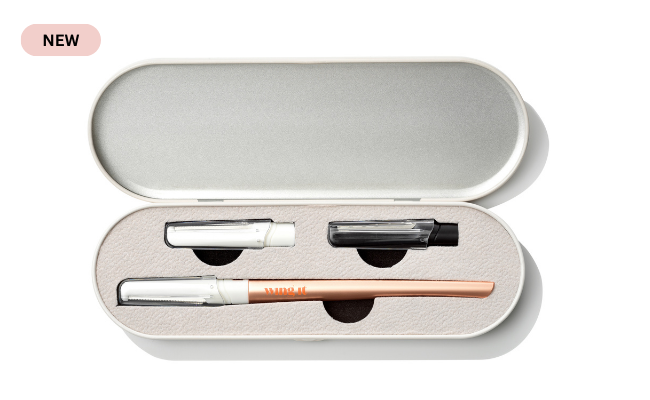
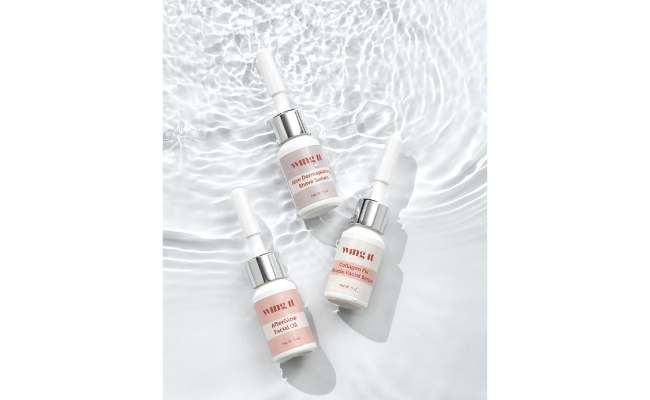
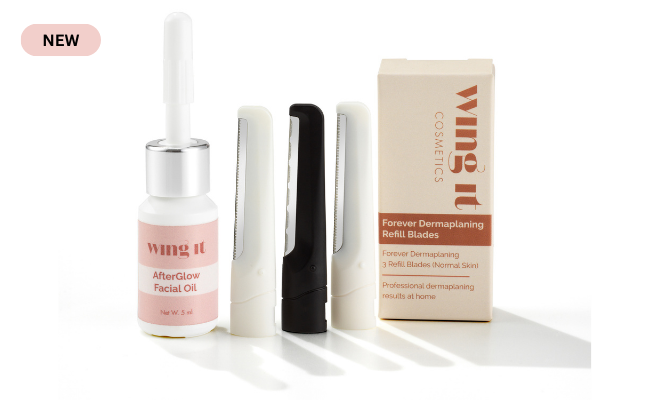
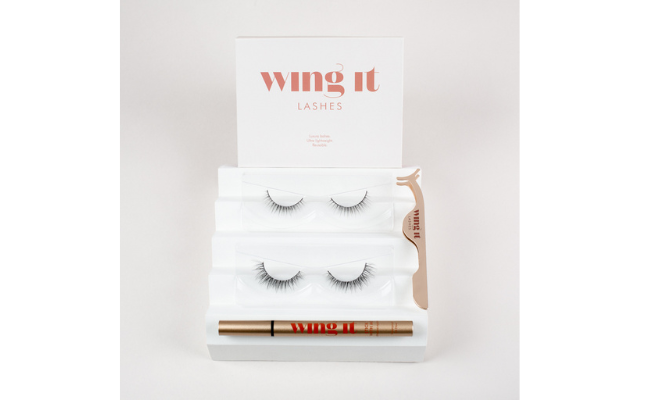
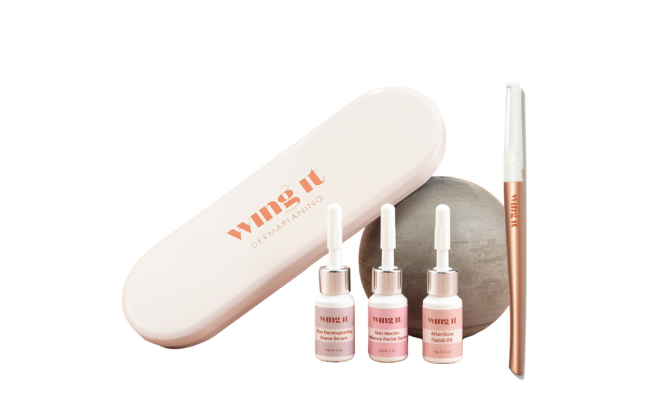
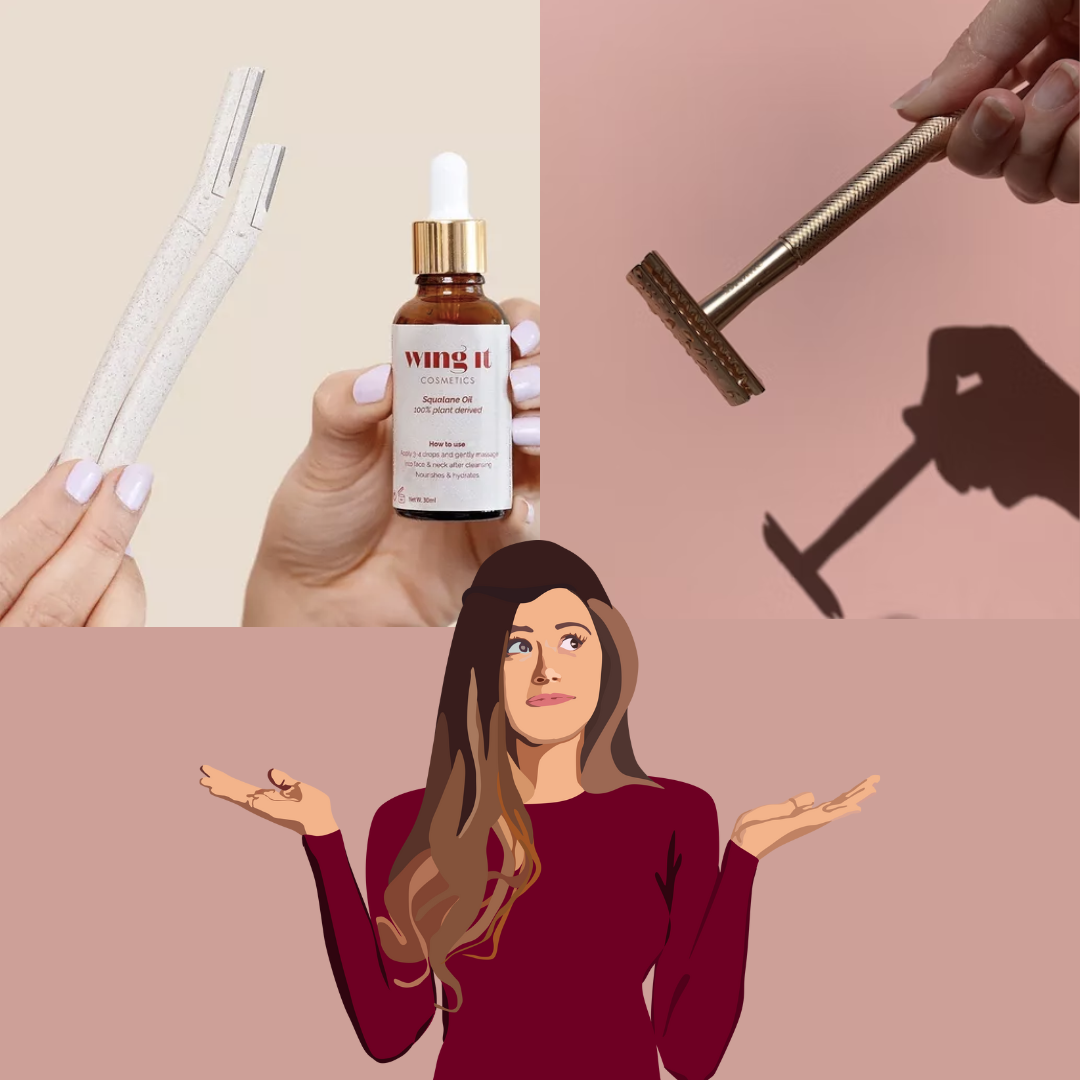
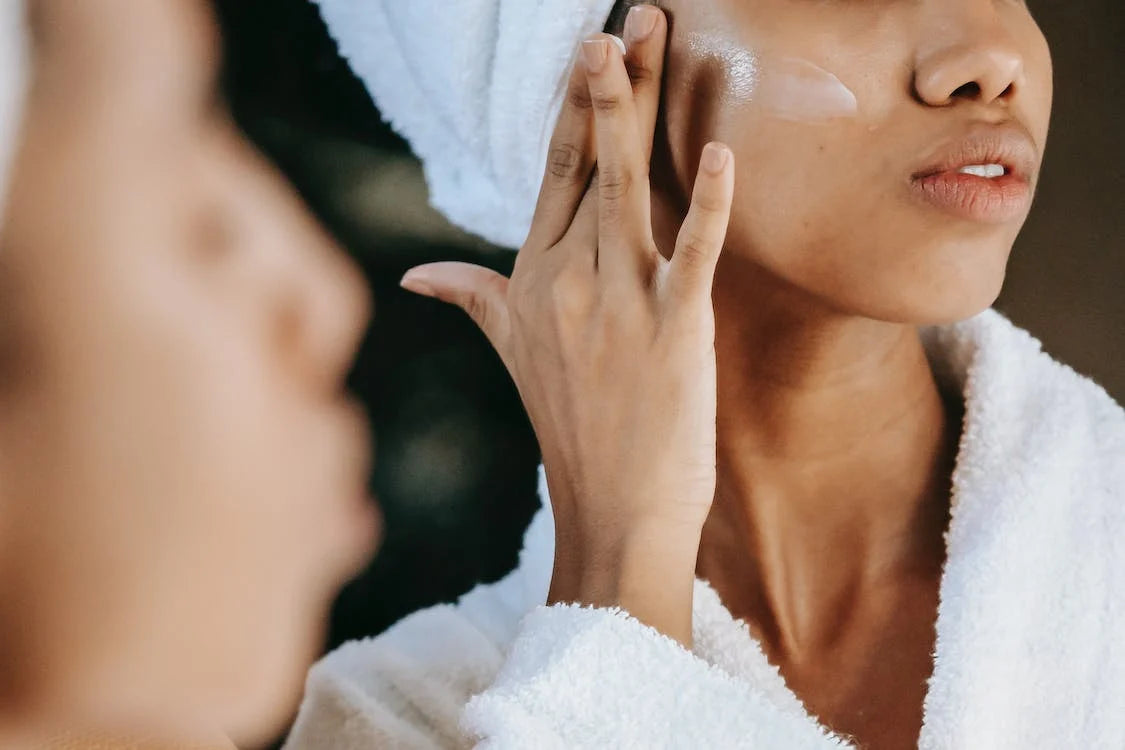
Leave a comment
This site is protected by hCaptcha and the hCaptcha Privacy Policy and Terms of Service apply.